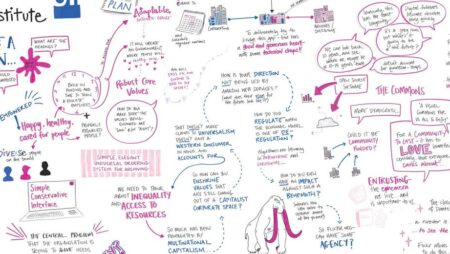Overview
Open Cabinet will use augmented reality (AR) technology to create new opportunities for enriching University and lifelong learning through virtual handling of 3D artefacts in the museum. The project has two intertwined aims: to embed objects more deeply into the learning experience at Oxford by facilitating their use as unique learning resources by staff and students, and to enhance the public visitor experience by using this innovative technology to improve access to objects without altering the highly-valued appearance and atmosphere of the museums.
This project is a partnership between the Oxford Internet Institute, IT Services, and the Pitt Rivers Museum, which offers an ideal environment in which to explore the potential of AR. Display cases at the Pitt Rivers are often densely packed, which can make it challenging to view individual objects. AR offers a potential solution: an interactive experience which puts objects in users’ hands without disturbing the existing displays, or the environment of the museum. The experience will be further enriched through links to related, currently undisplayed, content. The new interface will also aim to reduce barriers to visitors with additional needs through a range of accessibility features.
Cabinet is an award-winning platform for embedding museum objects into University teaching and learning, developed by a multi-disciplinary team led by the OII. In July 2018, it was adopted as a University service and fast-tracked into the new Virtual Learning Environment (VLE), Canvas. Key to its success are high-resolution interactive 3D models, which enable digital ‘handling’ to support learning.





